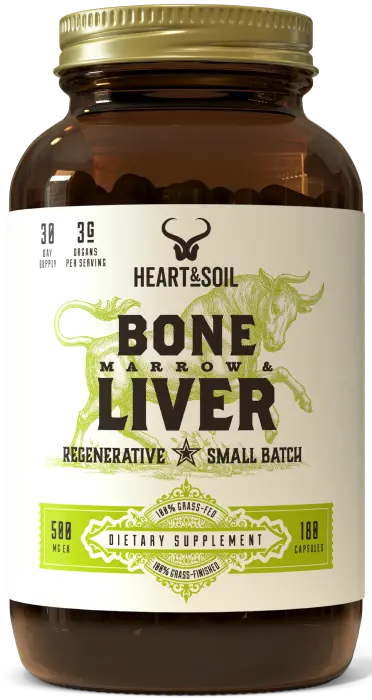PLEASE NOTE: The information in this blog is for educational purposes only. It is not a substitute for professional medical advice. Consult your healthcare provider if you’re seeking medical advice, diagnoses, or treatment.
Zinc is one of the most essential trace minerals in the body, playing a key role in immune function, metabolism, hormone production, and brain health. Getting enough zinc can help fight colds, aid fertility, and protect against chronic disease (1).
But here’s the catch—your body doesn’t store zinc in large amounts, meaning you need a steady intake from your diet to maintain optimal health.
In this post, we’ll cover why zinc is essential, the signs of deficiency, the best foods high in zinc, and how to enhance absorption naturally.
What You’ll Learn
- 7 health benefits of zinc
- Common signs of a zinc deficiency
- Why whole food sources are superior to supplements
- The 5 best foods high in zinc
- Can you get too much zinc?
- How to enhance zinc absorption for maximum benefits
Let’s dive in!
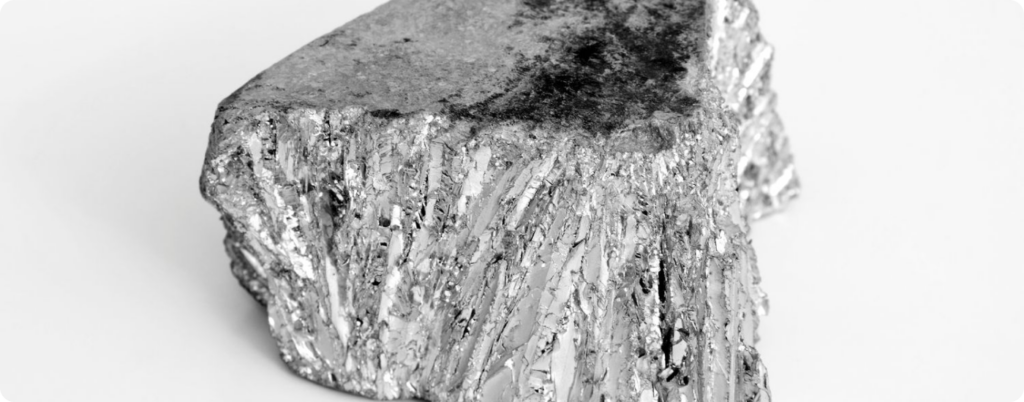
7 Health Benefits of Zinc
When scientists first identified zinc as an essential human nutrient in the 1960s, they believed we needed it for only a handful of enzymatic processes. But now, research confirms that zinc is involved in over 300 enzymatic reactions and nearly every major system in the body.
Here’s why this mineral is critical for your health:
1. Strengthens Your Immune System
Zinc plays a pivotal role in immune function by aiding in immune cell production and reducing inflammation. Studies show it can shorten the duration of colds, speed up wound healing, and help fight infections (2).
2. Supports Hormonal Balance & Fertility
For men, zinc is crucial for testosterone production, sperm motility, and overall reproductive health. It helps women regulate menstrual cycles, ovulation, and overall hormone balance (3).
3. Aids Digestion and Metabolism
Zinc is essential for breaking down carbohydrates, fats, and proteins, making it vital for nutrient absorption and gut health. It also strengthens the gut lining (4).
4. Fights Oxidative Stress
As a powerful antioxidant, zinc helps neutralize free radicals that contribute to oxidative stress, which can lead to chronic disease (5).
5. Enhances Skin & Hair
Zinc is vital for collagen production and helps to soothe acne, eczema, and other skin issues. It’s also essential for strong, healthy hair (6).
6. Boosts Brain Function & Mood
Zinc is directly involved in memory, learning, and neurotransmitter function, helping to regulate serotonin and dopamine. Studies suggest zinc supplementation can aid in treating depression and anxiety (7, 8, 9).
7. Supports Heart Health
Adequate zinc intake can reduce the risk of heart disease. It plays a key role in supporting the integrity of blood vessels and aiding circulation (10).
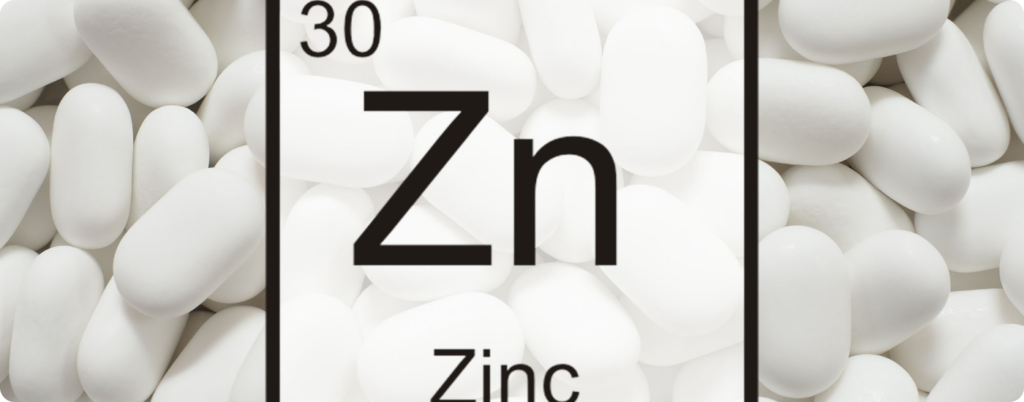
Signs of Zinc Deficiency
Up to 17% of the world’s population may not get enough zinc (11)! Zinc deficiency is often linked to aging and chronic diseases like Crohn’s disease and diabetes. Individuals who eat a plant-based diet are also at a higher risk for zinc deficiency.
If your body isn’t getting enough zinc, you might experience:
- Frequent Illness: Weak immune system, getting sick often
- Hair Loss: Thinning or excessive shedding
- Poor Skin and Nails Health: Slow wound healing, acne, rashes, white spots on nails
- Hormonal Imbalances: Low testosterone, irregular menstrual cycles, or fertility issues
- Brain fog: Low mood, depression
If you notice any of these signs, it might be time to increase your zinc intake.
How Much Zinc Do You Need?
Your daily zinc requirements depend on factors like age, gender, and life stage. Here’s a quick breakdown of the Recommended Dietary Allowance (RDA):
- Men: 11 mg per day
- Women: 8 mg per day
- Pregnant/Breastfeeding women: 11–12 mg per day
- Children: 5–10 mg per day, depending on age
While these are the general guidelines, individual needs may be higher for athletes, those under stress, or anyone recovering from illness (12).
Zinc Supplements vs. Whole Foods
While zinc supplements are available, your body absorbs zinc far more efficiently from whole foods—especially animal-based sources. Isolated supplement forms can cause stomach irritation and often lack key cofactors like vitamin A, B6, and certain amino acids needed for proper absorption (13).
Additionally, high-dose zinc supplementation can disrupt copper balance. In contrast, whole-food sources naturally provide zinc and copper in the right proportions, making them the superior choice for long-term health (14).
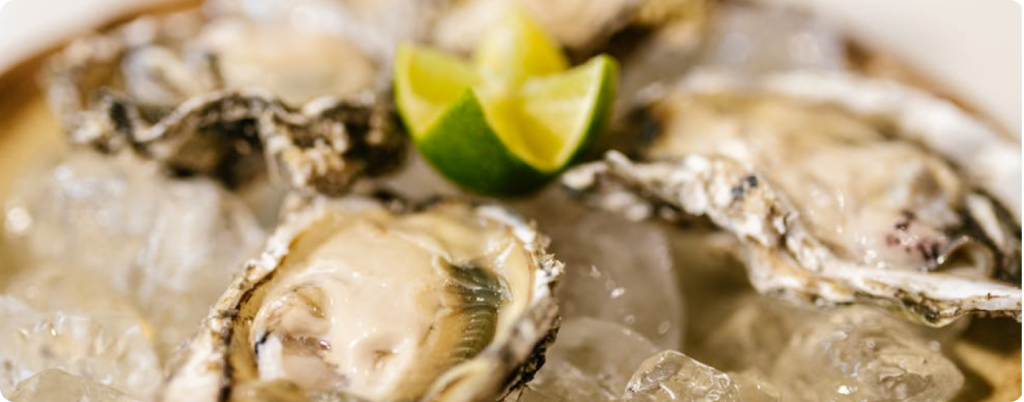
Plant Foods vs. Animal-Based Foods
When it comes to zinc, not all sources are created equal, and animal-based foods are the clear winner! In fact, studies show that vegetarians may need up to 50% more zinc than meat-eaters to meet their daily needs (15). Here’s why:
- Plant Defense Chemicals: Most plant-based sources of zinc, such as nuts, seeds, and legumes, contain troublesome plant defense chemicals such as phytic acid, an antinutrient that blocks zinc absorption and can cause gut irritation.
- Low Bioavailability: Even if a plant food contains zinc, your body absorbs only a fraction of it. In contrast, animal-based sources like red meat, oysters, and eggs provide highly bioavailable zinc in a form your body can readily utilize.
- Less Protein: Protein enhances zinc absorption, and animal-based foods naturally contain both zinc and the proteins that improve its uptake. Meat, shellfish, and dairy far outperform plant sources in protein content.
Animal-based foods are easy to digest, contain bioavailable zinc, and deliver better absorption, making them superior to plant sources.
The 5 Best Foods High in Zinc
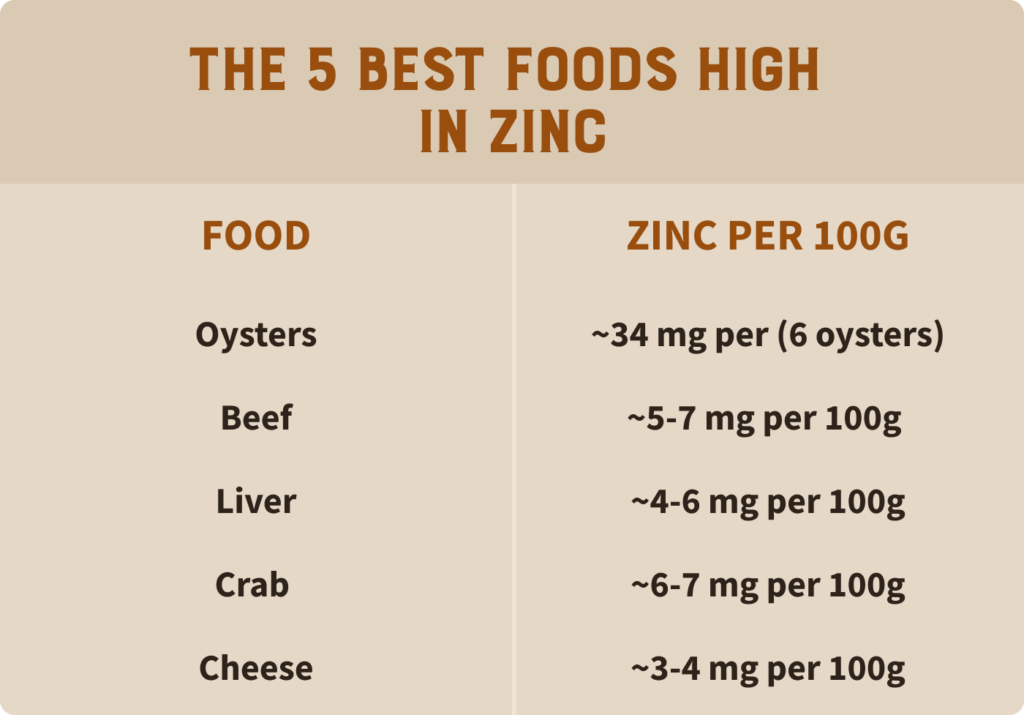
These animal-based foods are the best sources of bioavailable zinc:
1. Oysters
Oysters are the highest natural source of zinc, providing more than any other food. Just 6 oysters contain over 400% of the daily value. They’re also rich in copper, selenium, and DHA, making them incredible for brain function, thyroid health, and testosterone.
2. Grass-Fed Beef
Grass-fed beef is one of the best sources of highly absorbable zinc, along with iron, B vitamins, and protein, essential for muscle growth, metabolism, and energy production.
3. Liver
Liver is nature’s ultimate “multivitamin,” packed with vitamins A, B12, choline, iron, and zinc. It supports skin health, thyroid function, and detoxification. Heart & Soil’s Bone Marrow & Liver supplement is a convenient way to get zinc daily.
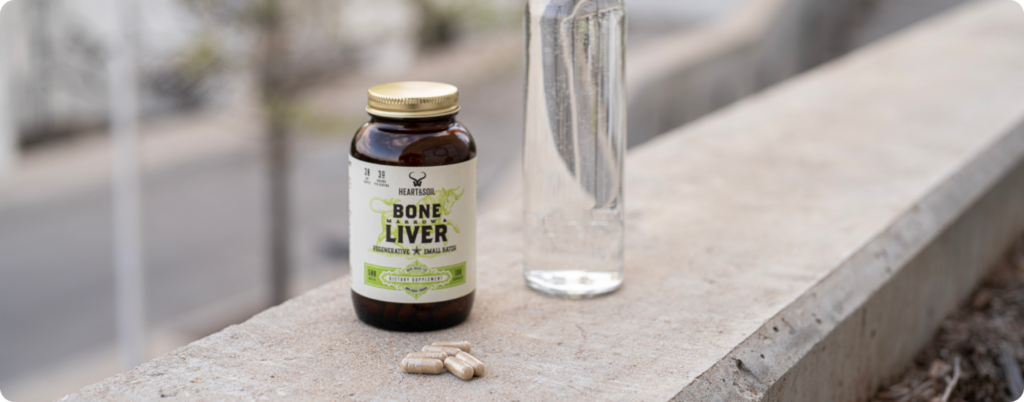
4. Other Shellfish
Lobster, shrimp, and crab aren’t as high in zinc as oysters but still provide significant amounts, plus omega-3s and selenium for brain and heart health.
5. Cheese
Cheese (especially cheddar and parmesan) provides zinc, calcium, vitamin K2, and beneficial fats to support bone health.
Can You Get Too Much Zinc?
You’re not likely to get too much zinc from whole foods. Your body naturally regulates zinc absorption from food, making it almost impossible to overdose by eating zinc-rich animal-based foods. However, large doses of zinc from isolated supplements can cause stomach upset, nausea, and vomiting (16).
Whole foods safely provide zinc in its most bioavailable, balanced form without the risks.
The Bottom Line
Zinc is one of the most important trace minerals for your health, supporting immune function, hormone balance, metabolism, and more. Since your body doesn’t store much zinc, it’s important to get enough daily from bioavailable, animal-based foods high in zinc.
By regularly eating beef, liver, shellfish, and dairy as part of your animal-based diet, you can support optimal zinc levels and long-term vitality.
Fuel Your Body with Nature's Best
Grass-Fed Bone Marrow & Liver
Subscribe to future articles like this:
